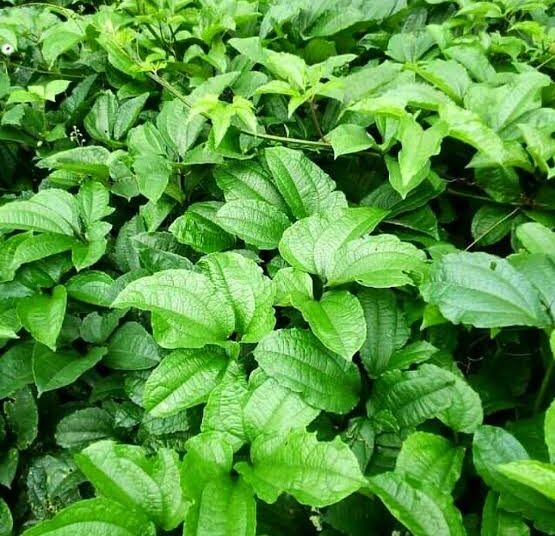Ugwu leaves, also known as fluted pumpkin leaves, are highly nutritious and packed with essential vitamins and minerals. They are rich in iron, which supports blood production and helps prevent anemia, especially in women and children. The leaves also contain a good amount of protein, calcium, potassium, and magnesium, making them excellent for building strong bones, boosting the immune system, and maintaining healthy muscles and nerves. Additionally, the presence of antioxidants like vitamin C and flavonoids helps protect the body against oxidative stress and supports skin health.
Beyond physical health, ugwu leaves also aid in digestion due to their high fiber content, which promotes regular bowel movements and prevents constipation. They are known to help regulate blood sugar levels, making them beneficial for people managing diabetes. The leaves may also support fertility and improve lactation in nursing mothers, as traditionally believed in many Nigerian communities. Their overall nutritional value makes them a staple in many local diets, especially when cooked lightly to preserve their health benefits.
Obviously, Ugwu leaves are nutritious, but eating them raw is not generally recommended for a few key reasons listed below:
Risk of Contamination: Raw leaves may carry harmful bacteria, parasites, or pesticide residues if not properly washed or if grown in unhygienic conditions.
Oxalate Content: Ugwu leaves contain oxalates, which in large amounts can interfere with calcium absorption and may contribute to kidney stones. Cooking helps reduce these levels.
Reduced Nutrient Absorption: Some nutrients in leafy vegetables become more bioavailable after light cooking. Heat can help break down cell walls and antinutrients.
Digestive Discomfort: For some people, raw ugwu may be harder to digest, leading to bloating or discomfort.
If you must eat them raw (e.g., in smoothies), make sure the leaves are thoroughly washed and preferably sourced organically. Otherwise, light steaming or cooking is safer and still preserves most of the nutrients.













